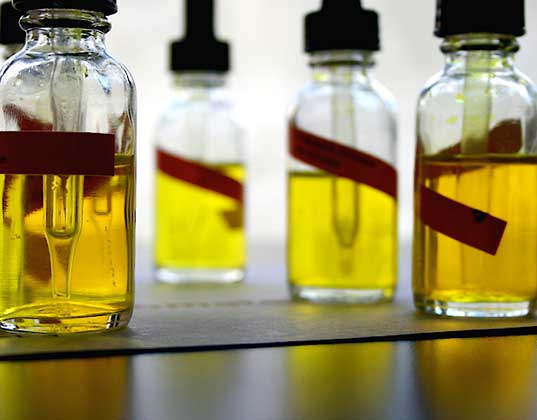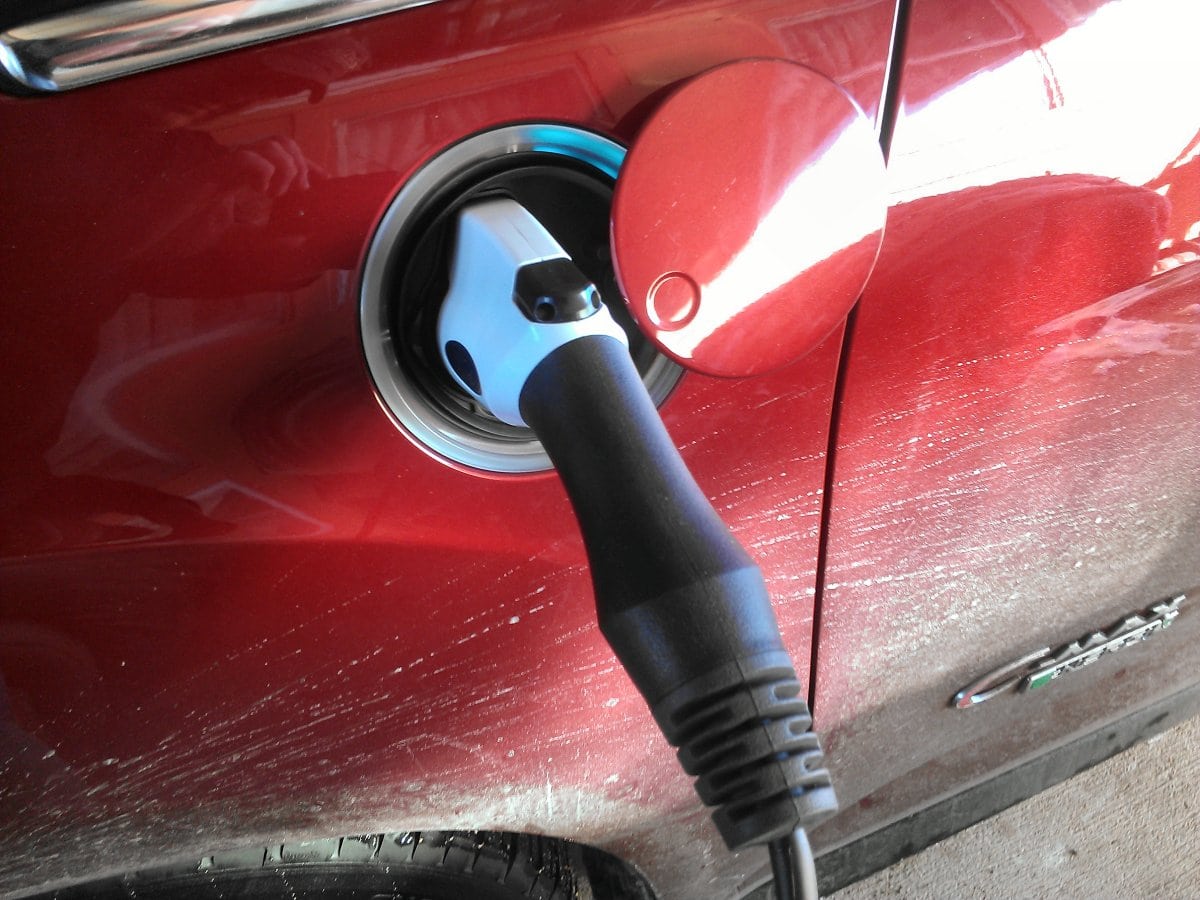There is often some debate about whether paying for premium grade fuel is worth the cost versus the benefits that might be had. Some vehicles, of course, require the higher-octane premium fuel, but most do not. Most of the reasoning for higher octane use is in fuel economy savings and performance benefits. Those can be the largest benefits, especially in areas where ethanol is commonly added to regular fuels.
New research from AAA has shown that premium fuel has limited benefits for most drivers. Mostly due to the price gaps in fuel costs between standard 85-87 octane “regular” gasoline and 91+-octane premium. These price gaps are a combination of higher costs for the fuel’s creation and the heavy subsidization given to ethanol. Ethanol often makes up 5-15% of the lower-octane fuels’ chemistry, significantly reducing both cost and fuel efficiency.
The cost of premium fuel is typically about 25 percent more than the lowest-grade available at the pump. This is a significant jump from the 10 percent that was the norm about a decade ago. AAA’s recommendation is that if your vehicle recommends premium fuel, even if it’s not required, it’s a mixed bag as to whether using premium-grade (high-octane) fuel will mean that you’ll see the most benefits from doing so. Premium-grade fuel can improve a vehicle’s fuel economy by several percentage points, as much as 2-5 percent on average, if it’s replacing low-octane, ethanol-infused fuel.
More interesting was that AAA’s testing showed that heavier vehicles that often perform work, such as towing or hauling cargo, benefit the most from premium-grade fuels as they offer better power per gallon versus the lower-grade fuels. Average fuel economy improvement in heavier trucks and SUVs was 2.7 percent. Generally, the larger the vehicle, the better the fuel economy improvement with premium-grade fuels. Horsepower also increased modestly.
On a dollar-to-dollar cost-benefit, however, most will not see enough fuel economy gains to offset the much higher cost of the premium fuel. It will depend on how often the workload is being done and under what conditions. AAA says that in large pickup trucks and sport utilities, unless a lot of cargo hauling or trailering is done, the offsets are not likely to be of benefit for most users.
This newest study from AAA coincides with one conducted last year on premium fuel costs to consumers around the United States.






